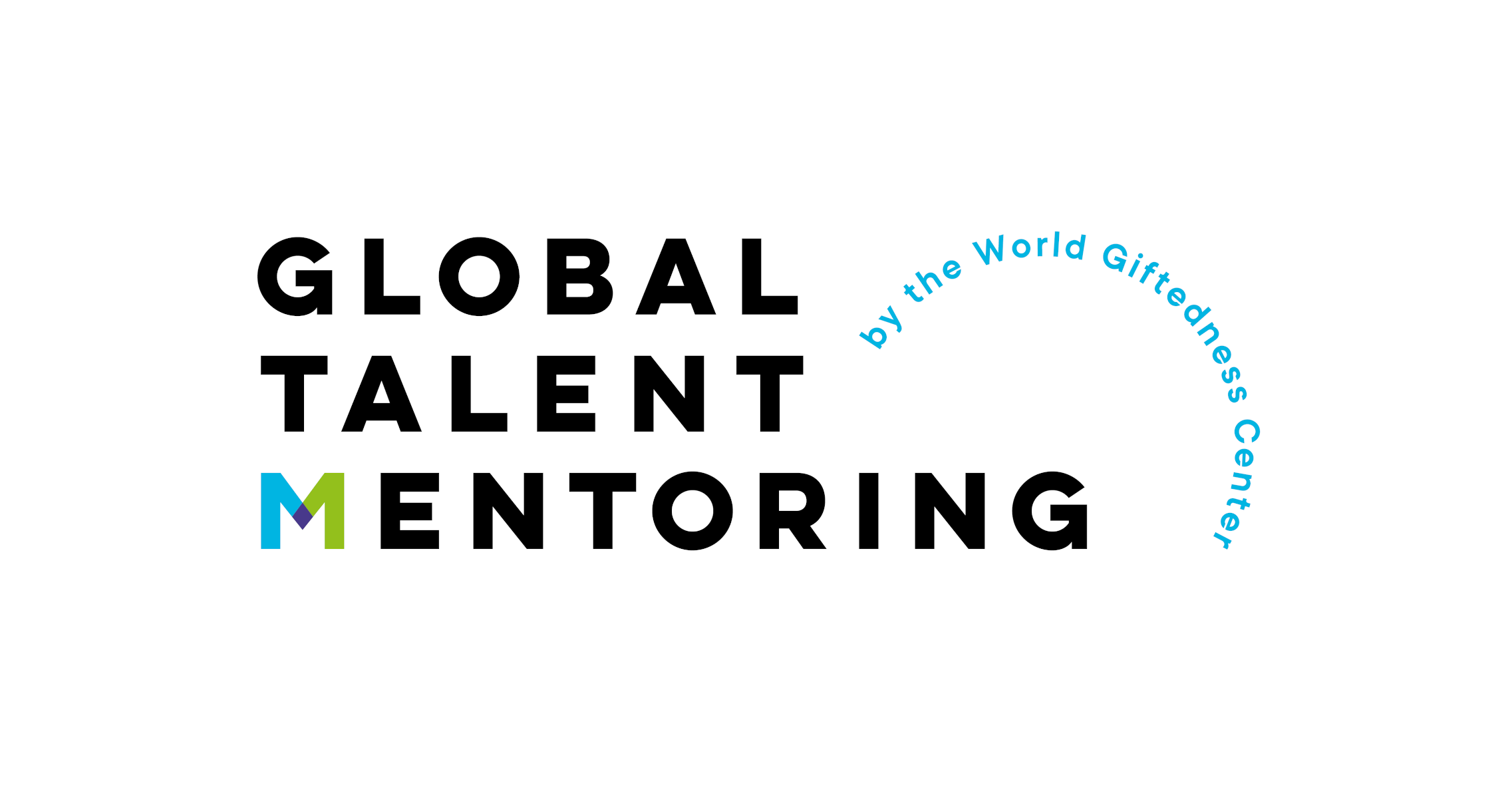As is often the case, the impact of ENT3R independent from other initiatives and programs is difficult to measure. However, the feedback collected through the pupil survey give a strong indication that tjhe programme achieved its objectives through STEM training. Every year a great majority of ENT3R pupils report that they are happy with the project, enjoy the skills and company of the mentors, and benefit from the program. Some highlights from the 2019 results of the pupil survey include:
-
93% state that they are satisfied/very satisfied with ENT3R
-
74 % say that their confidence in STEM subject have increased
-
64 % say their incentive/grades have improved also in non-STEM subjects
-
55 % of the pupils say they are considering further STEM studies
The programme's main objective in terms of impact is to make more young people aware of the abundance of opportunities within STEM studies. By offering a supplement to classroom teaching, meeting STEM students and increasing the pupil’s motivation and sense of achievement, we aim to encourage a broader range of young people to pursue an education and career within STEM.
The impact of ENT3R was evaluated by an external (independent) research company (SINTEF) in 2011. Among their reported findings were positive effects on the motivation of participating pupils, grades and interests in STEM subjects. The reported effects were greater among high achievement students as compared to pupils with lower levels of achievement (see full report in background documents).
The ENT3R program was also studied through a PhD project entitled "The Role of Recruitment Initiatives in Young People's Choice of STEM Education" by Fredrik Jensen in 2016. In his thesis, Jensen elaborates on the pupil’s appreciation of the ENT3R program, and the mentors positive effect acting as role models providing the pupils with realistic and credible insight to STEM studies. Furthermore, the experience in how to manage new challenges and sometimes heavy workloads is mentioned among the valuable outcomes from ENT3R.
In a paper focusing on the effects of ENT3R on pupil’s motivation to attend and stay in the ENT3R program (Jensen et al, 2013), three aspects were highlighted: the mentors provided good teaching, the mentors created a positive atmosphere, and the mentors engaged in interpersonal relationships. The study points to the importance of carefully recruited and trained instructors and of flexible, responsively designed extracurricular programs (articles and reports available under background documents tab)






